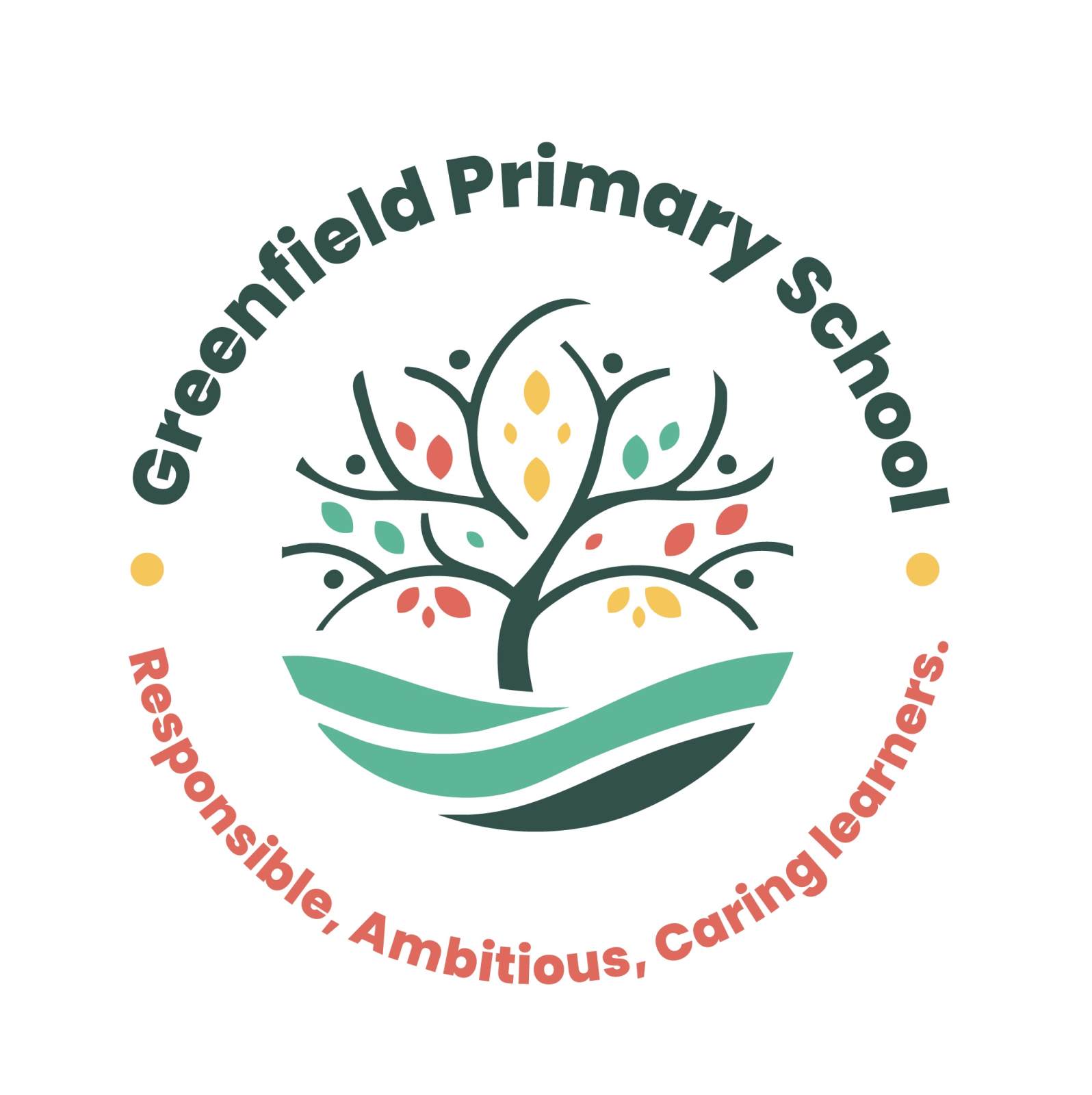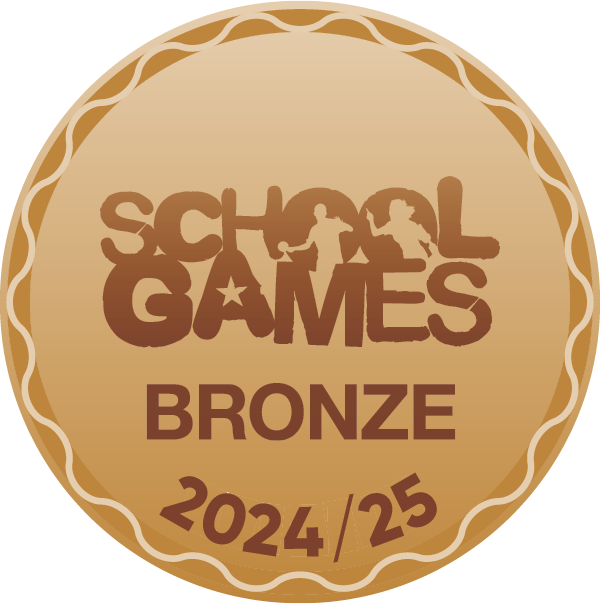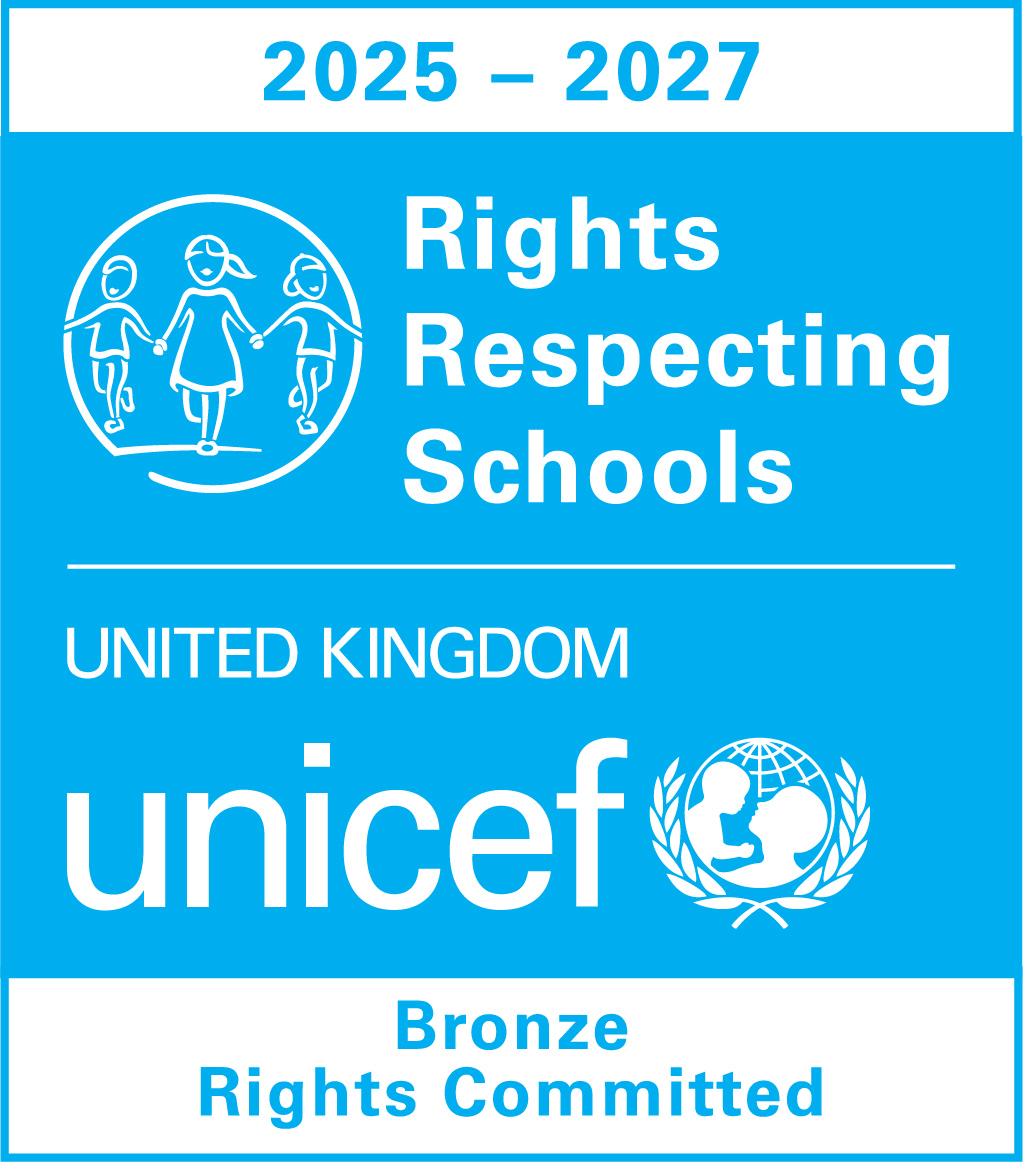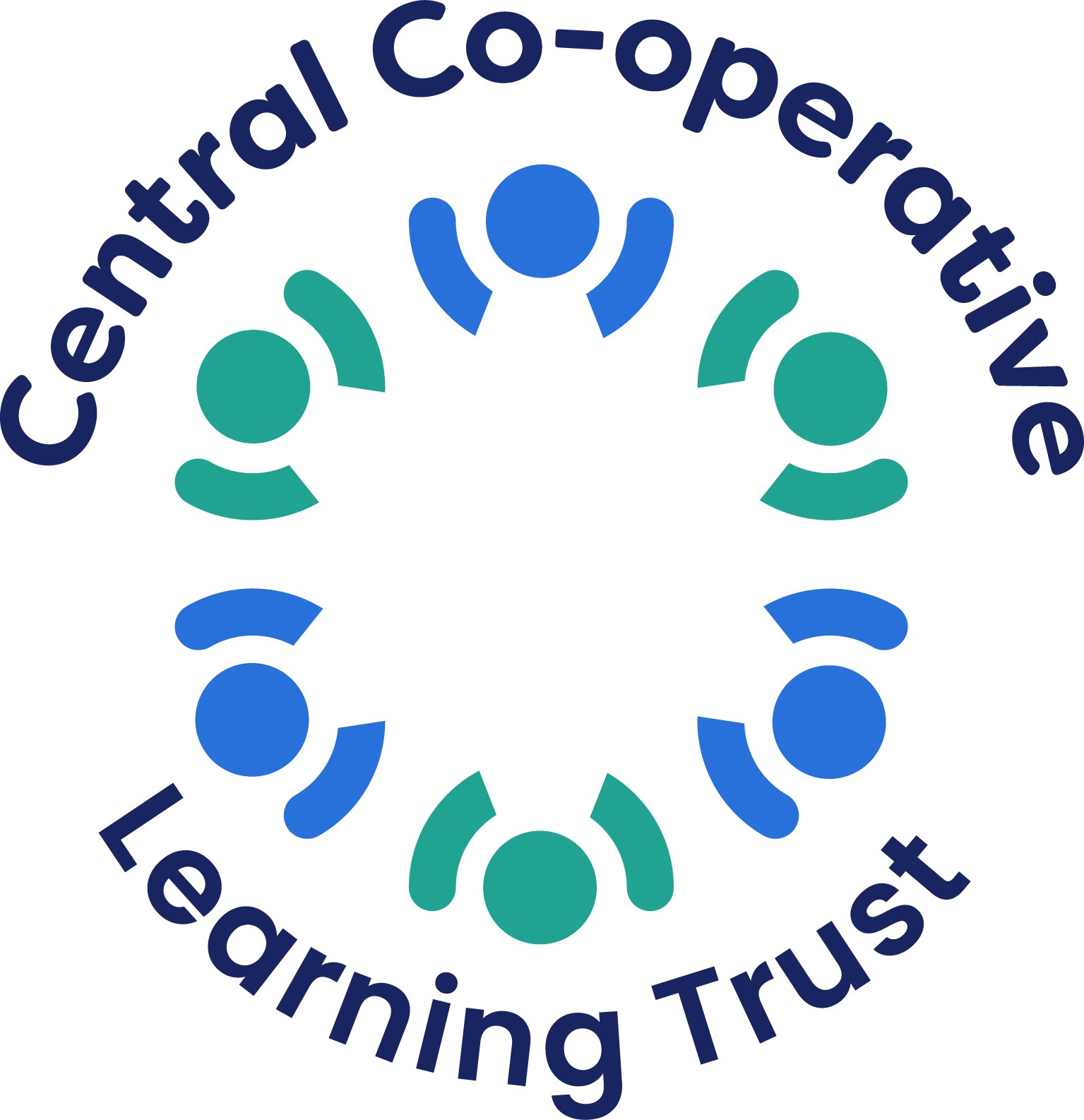Music
Intent
Whilst being fun and social, Music sessions are also important in helping develop a child's talents, interests, and passions. One particularly enriching activity is learning to play a musical instrument. Through music sessions, every child explores a variety of music, whether it be through aural appreciation, written music notations, tuned or un-tuned instruments. Music can have numerous benefits for children from helping with behaviour and confidence to encouraging creativity and learning skills that can be used across many subjects.Playing an instrument or being in a musical class demands total attention. Because of this, music is a great stress-relieving tool that helps to calm the mind and enhance concentration therefore benefiting each child’s mental health. By providing an accessible and engaging curriculum it is our intent that all children should be able to reach their full potential.
Implementation
With the 2 year rolling programme, we can ensure that every child in every year group consolidate and build on their learning. Our programme of learning ensures consistency within each year group so the learning is smooth and not disjointed. The programme ensures the targets for each year group and the overall curriculum expectations are achieved as well as identifying opportunities to develop their learning further. Currently Music takes place fortnightly.
In EYFS, there are plenty of opportunities to sing, explore sounds and dance and play to music both indoors and outdoors. It’s often used as a method for learning about other areas in EYFS, such as science, numbers and words, too.
In KS1, teaching builds on the learning in EYFS by developing a child's capacity to listen carefully and respond physically to a wide range of different kinds of music. Children will play un-tuned and tuned musical instruments and sing a variety of songs from memory. Children also explore the way sounds and silence can create different moods and effects. By the end of KS1 children will have an understanding of how sounds can be made, changed and organised (in sequence).
In Key Stage 2, children will contribute to group or class performances as pupils are encouraged to be aware of how sounds are combined and how they relate to each other. Teachers will offer a variety of music and stimuli to help pupils to improvise and develop their own musical compositions with increasing independence and creativity. Children explore their thoughts and feelings through responding physically, intellectually and emotionally to a variety of different kinds of music from different times and cultures. By the end of lower KS2, children will be able to read musical notations and play glockenspiels and use language to describe music including tempo and pitch. By the end of upper KS2, children will be able to compose and perform using musical notations when using the recorders and other tuned instruments and they will be able to use language to describe what they hear such as the dynamics and rhythm of a piece of music.
Impact
To ensure that standards of music teaching in school is high and that by the end of school children have a good understanding of the basis of music knowledge and skills the music coordinator will;
- Regularly review the curriculum throughout the year.
- Class work is evidenced in floor books and on the shared area. This evidence is then monitored termly and compared against a skills ladder. This information is then fed back to teachers.
- Recorded sessions are uploaded to the shared area to show progression of skills learnt.
- Listen to the children’s voice through questionnaires and conversations, asking for their experiences of music learning, which feeds directly back in to the continued review of the curriculum.
- Teachers monitor progress against a skills ladder which matches the attainments expected by the National Curriculum. This supports teachers with their planning and also assists co-ordinators to help staff develop their skills.
For more information, please click here to see the National Curriculum document
